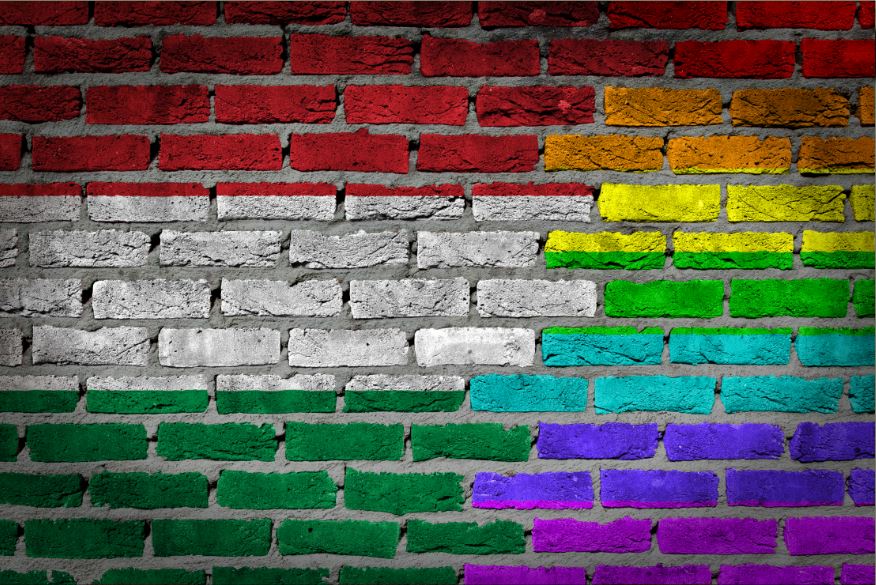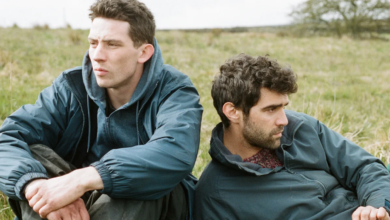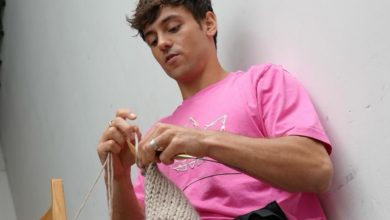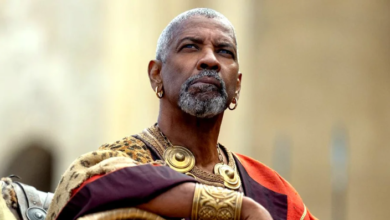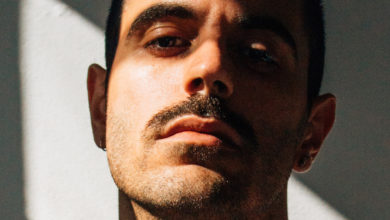The rivalry between community and individuality
Setting the record straight, this is not one of the usual articles I write for this column of the magazine. This time, I have decided to take the opportunity and use this space for a sort of editorial where taking advantage of the reach of this publication, I want to share something with Hungarians, expats and visitors alike that I have seen happening in the gay life in Budapest.
It is a fact that the style and characteristics of young gay men in Budapest has been shifting in recent years because of the influence of Western Europe: popular music changed to techno and indie pop instead of traditional pop divas (whom most of us still love in a not so secret way) and the fast increase of social digital platforms provide people the opportunity to set up an image of how they want to be perceived. We live in an era where there is a fine line between the person we want people to think we are and the person we really are, a line that is easy to cross making people live in the constant contrast between authenticity and appearances.
As a consequence, we see a modernization in the habits and interests of a big portion of the community: Trendy but “effortless” outfits, Instagram profiles showing a perfectly set up lifestyle and an attitude resembling modern fashion models with plain faces and emotionless insolence. A quick look around at the most popular gay party in Budapest, Garcons, would be enough to see how this collective need for “individuality” has actually become a trend (oddly, everyone looks the same) to become some sort of a stylish hipster.
All of this is acceptable as every generation has a need to identify itself with new social and cultural patterns but, while attending different activities last month, I have realized that there is a way in which this self-centered trend is being a bottleneck for the progress of the LGBT acceptance within the Hungarian society. I am talking about the lack of active participation, the rivalry between community and individuality.
This is something I have been thinking about for a while but came to higher evidence during recent events such as the LGBT Film Festival and the Atlasz Sports Day, which I may remark were a success because of the quality of content and organization, but did not have the popularity and exposure I would have expected based on the huge amount of people that show up to every gay party in town. It is somehow as if the gay people in Budapest were “too cool” to attend gay events.
I am not necessarily the kind of person who agrees with having gay groups everywhere because if we are trying to be included in society, we should not be excluding ourselves. But a country like Hungary needs to get used to the fact that LGBT people exist and that they are part of their society, we are not something they can simply ignore. Hungary needs to see a strong community working together and the most basic step for this is supporting LBGT initiatives like the ones mentioned above.
Most times we complain about how the gay life in Budapest is not so exciting, diverse or at least interesting compared to other European capitals, but for this to happen people need to understand that if they want more things happening in the city, they should at least show support by attending or even getting involved in it.
Is it the money? Are people willing to spend their money on a party ticket and drinks but not a movie? Is it the type of event? Are people only interested in parties but not in cultural activities? Is it what it represents? Are people afraid of being “that” kind of gay who goes to gay events all the time? Again: are we “too cool” to be part of it?
Society, in a vast majority, works in a way where we do what we are used to or what we’ve been told is right and reject what is not part of our normality standards. Nevertheless, the modern Hungary (or let’s say Budapest) has been opening up to new mindsets and is learning new concepts of normality where gay life is a burning topic; the perfect moment for us to act and for new generations to assimilate it.
Everyone wants a great gay life in the city but only few are interested in building it. Active participation is what the LGBT movement in Hungary needs, not just once a year attending the Pride or every other night going to a party. Attending and supporting the events will make them grow, growing will make them visible to the average Hungarian and making them visible will lead towards acceptance and inclusion. Just showing up to an event can make a difference! Not to mention the even greater benefits of donating, volunteering or supporting any other way for the community to be better represented and for the gay life in Hungary to embrace the vibrant youthful spirit that Budapest already has.
Germán Henao


